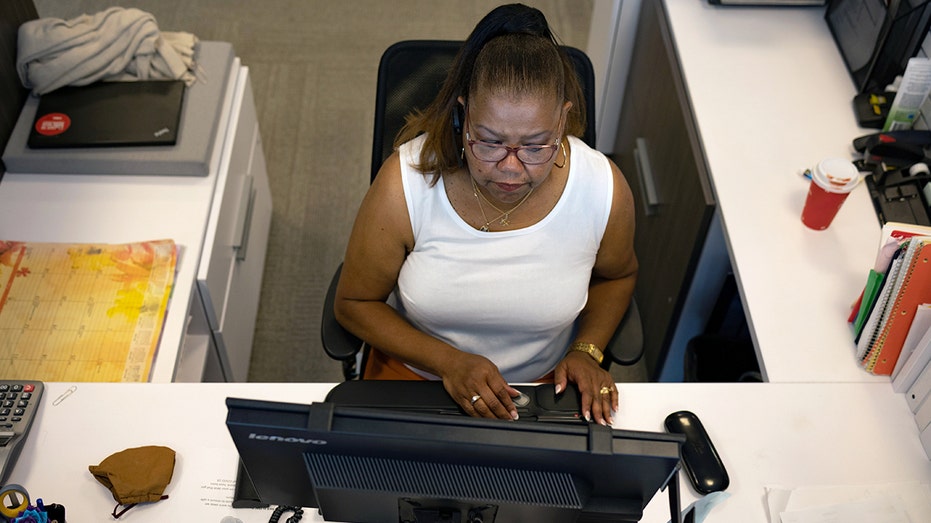Heatwaves: A Growing Threat to Vulnerable Elderly Populations
As the global population ages and extreme weather events become more frequent, a silent threat looms large

s the global population ages and extreme weather events become more frequent, a silent threat looms large: heatwaves and their impact on elderly health. With rising temperatures and diminished nighttime cooling, millions of older adults are at heightened risk for heat-related illnesses and even death.
The Perfect Storm: Aging and Heat
Several factors contribute to the vulnerability of older adults during heatwaves. Their bodies are less efficient at regulating temperature, making it harder to cool down. Chronic health conditions, common among the elderly, are often exacerbated by heat stress. Additionally, medications such as diuretics and beta-blockers can further impair the body's ability to manage heat.
The Double Whammy of Fewer Cooling Nights
Recent years have seen a concerning trend: hotter days are accompanied by less nighttime cooling. This lack of a nighttime reprieve from the heat can be particularly detrimental for older adults. Their bodies rely on cooler nighttime temperatures to recover from the day's heat, and without it, they are more susceptible to overheating.
Millions at Risk
The combined effect of an aging population and worsening heatwaves creates a significant public health concern. Studies have shown a strong correlation between heatwaves and increased mortality rates among elderly individuals. This risk is particularly high for those living alone, without access to air conditioning, or lacking social support networks.
A Call to Action
Experts urge proactive measures to protect vulnerable populations during heatwaves. These include:
- Public awareness campaigns: Educating seniors about the dangers of heat and ways to stay cool.
- Targeted outreach: Ensuring essential services like meals on wheels continue to reach homebound seniors during heatwaves.
- Community cooling centers: Providing accessible spaces with air conditioning for seniors to escape the heat.
- Checking on elderly neighbors: Simple acts of kindness, like checking on elderly neighbors or relatives, can make a big difference.
Looking Ahead: Building Resilience
Addressing the growing threat of heatwaves requires a multi-pronged approach. Urban planning needs to take heat waves into account, with more green spaces and heat-reflective surfaces. Additionally, ensuring proper insulation and air conditioning access for elderly housing can significantly improve their safety during extreme heat events.
The future holds a world with a larger elderly population and potentially more frequent heatwaves. By taking proactive steps today, we can mitigate the risks and ensure a safer future for our most vulnerable citizens.






















